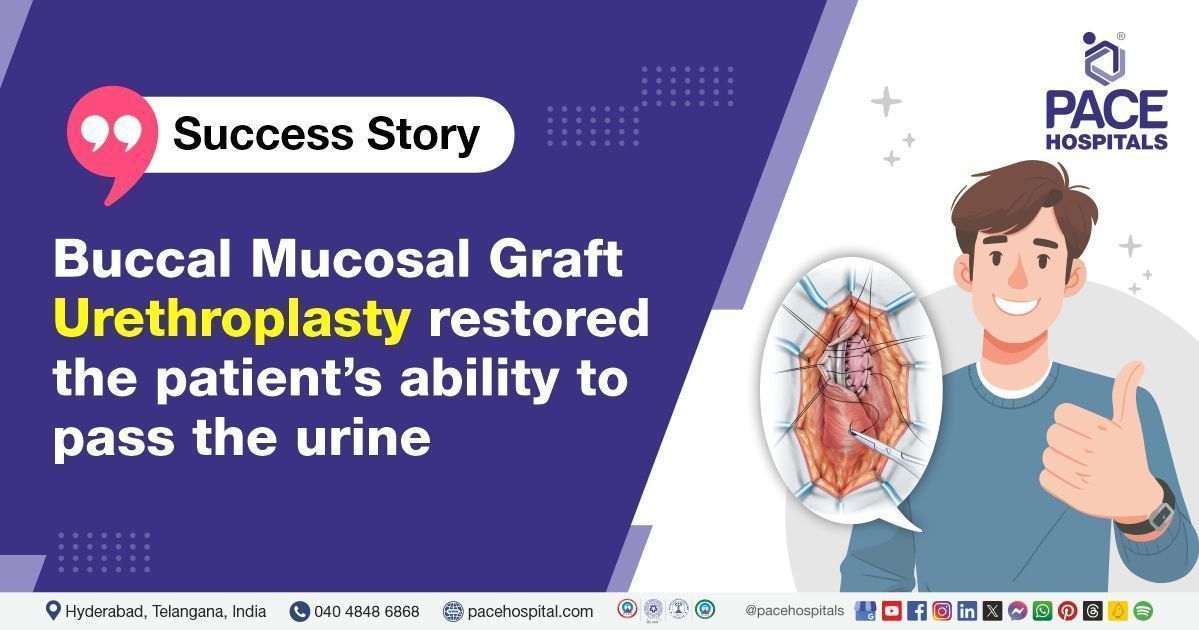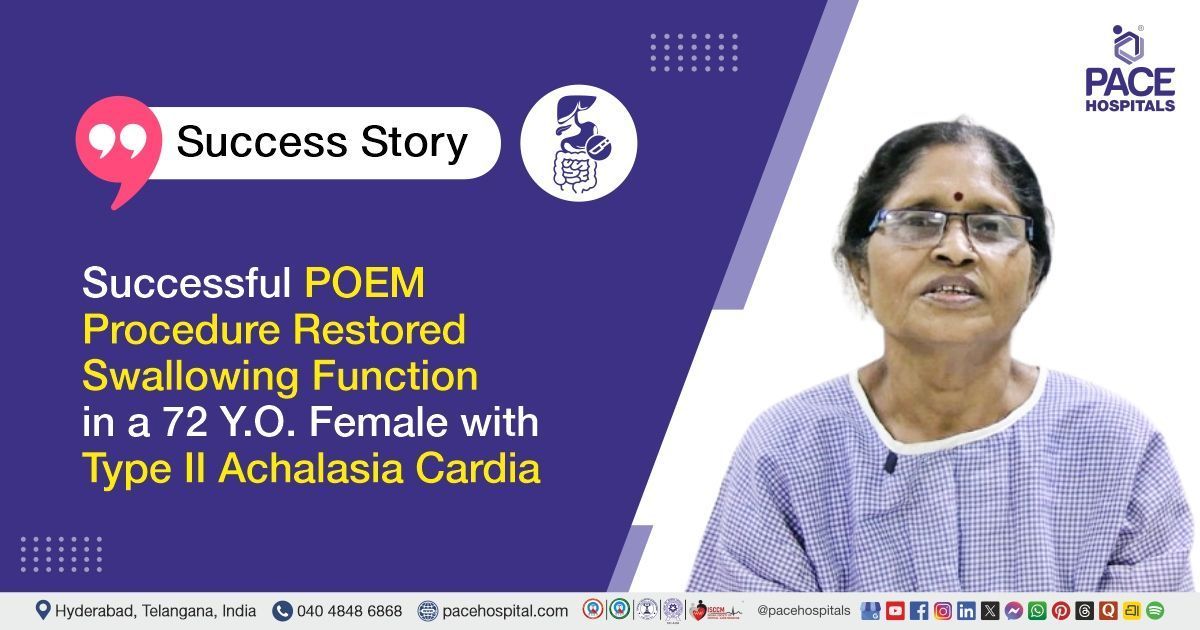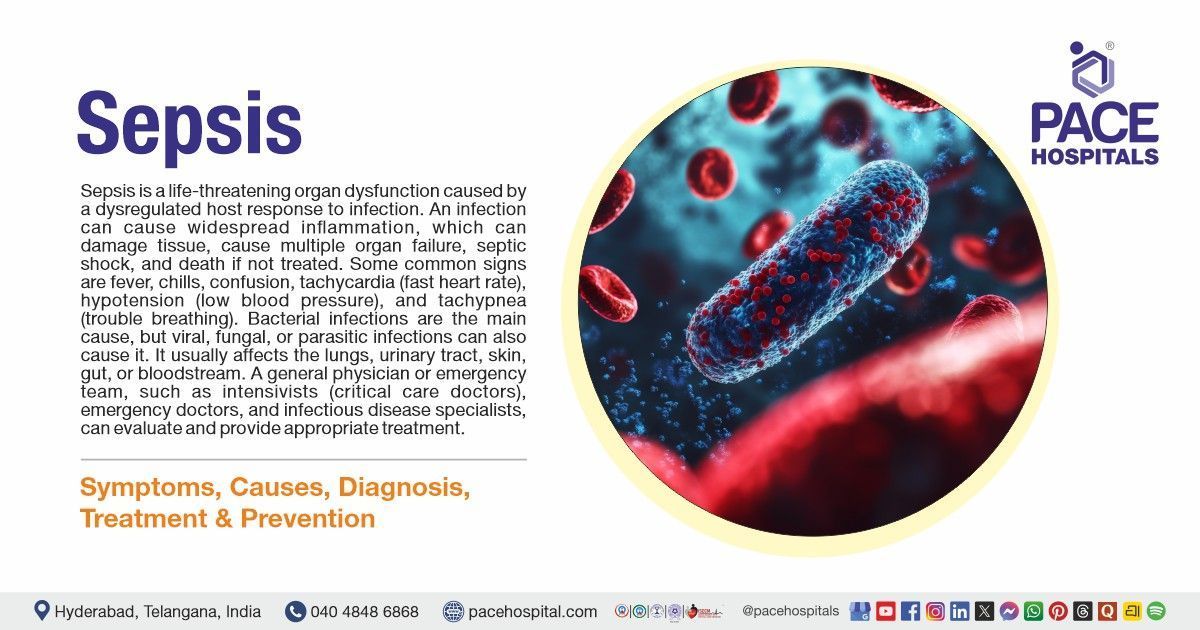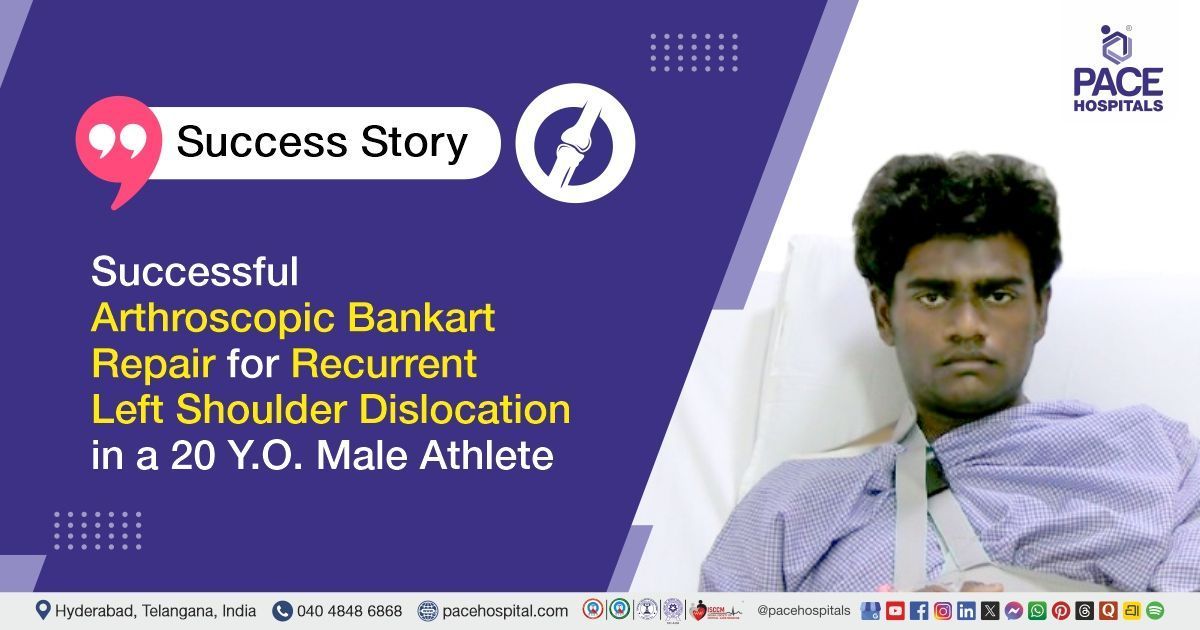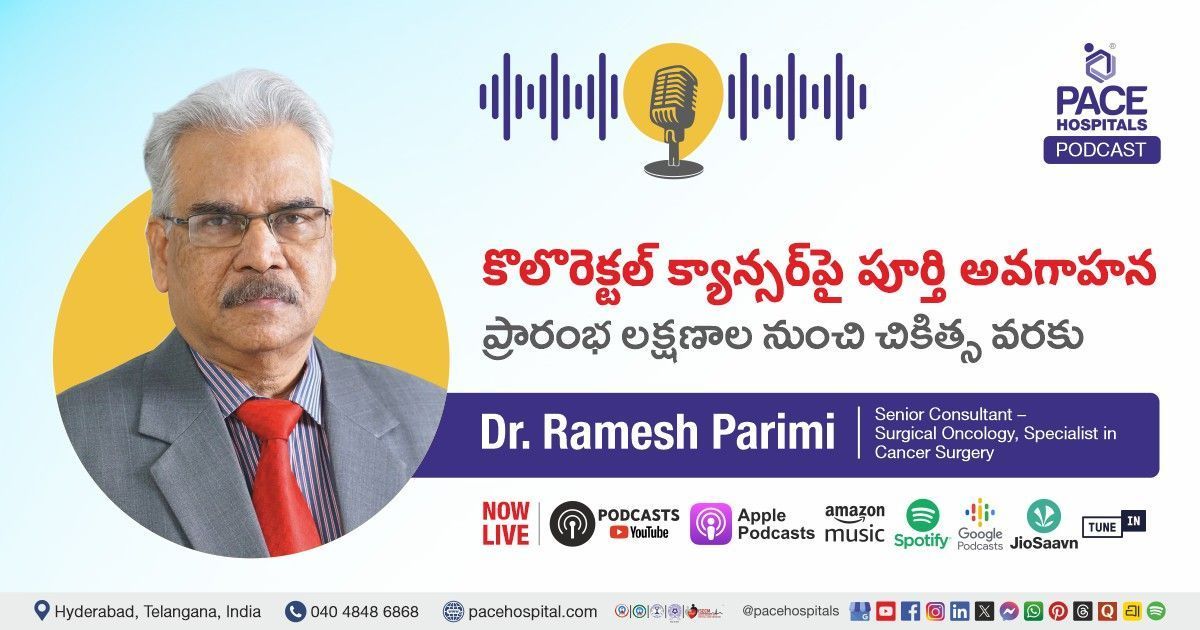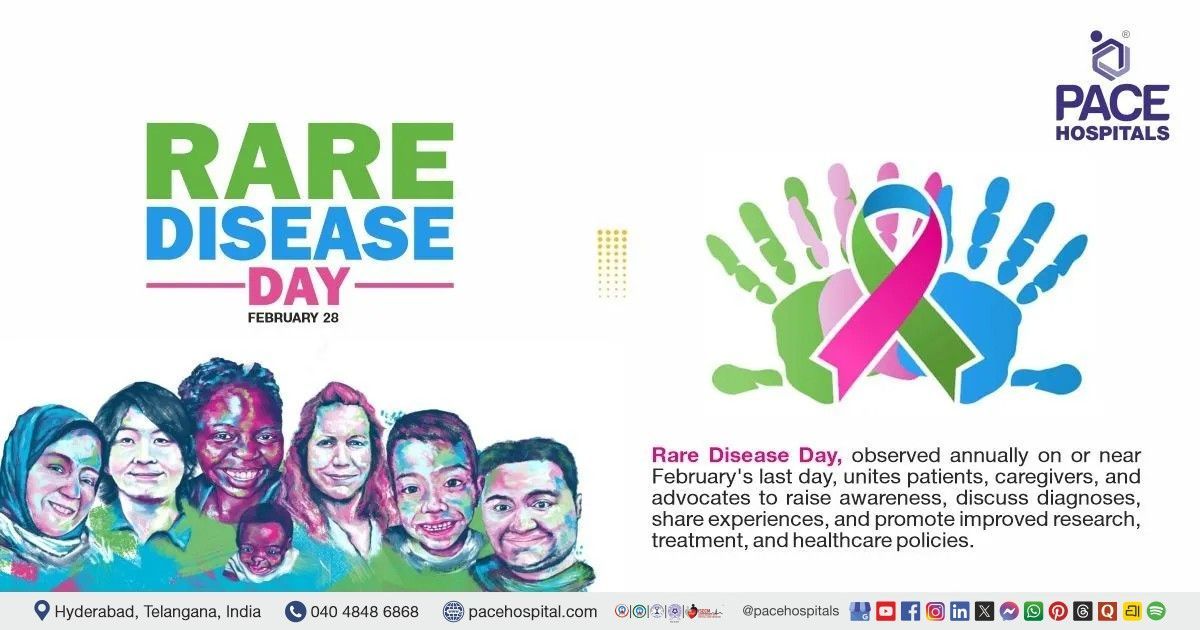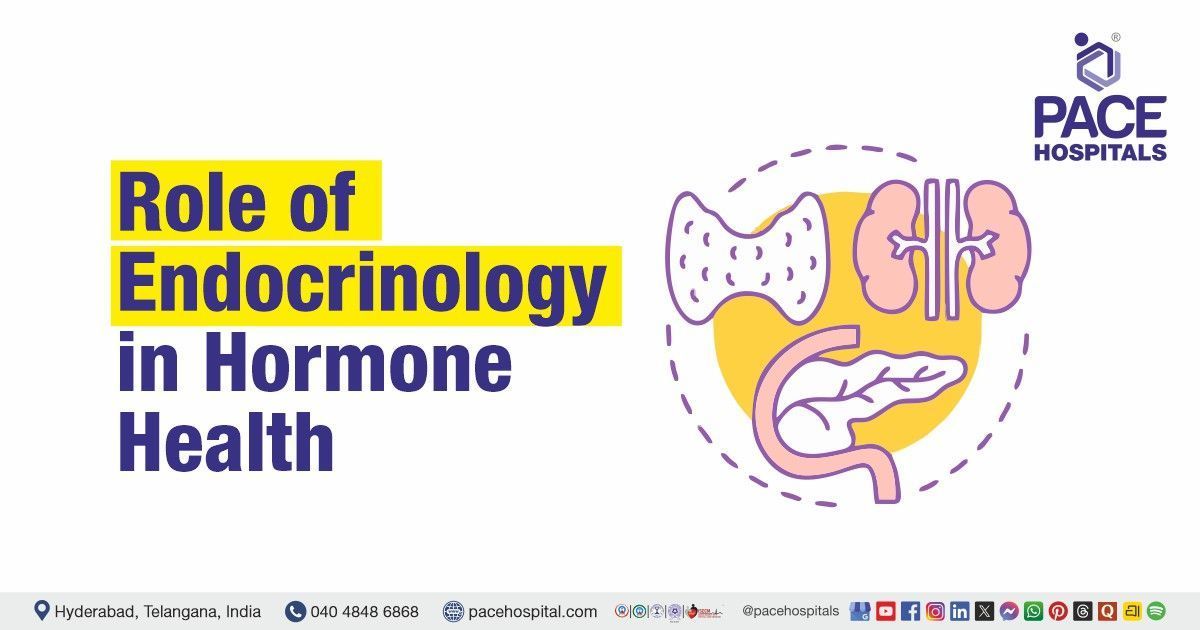Buccal Mucosal Graft Urethroplasty restored the patient’s ability to pass the urine
PACE Hospitals
PACE Hospitals' Urology team successfully performed buccal mucosal graft urethroplasty procedure on a 31-year-old male with a bulbar urethral stricture and chronic urinary retention with bilateral moderate hydroureteronephrosis, enhancing his ability to pass urine well.
Chief Compliant
A 31-year-old male patient with a
BMI of 22.0 was presented to
PACE Hospitals, Hitech city, Hyderabad with complaint of poor urine flow for further treatment.
Medical History and Diagnosis
Upon further investigation, it became evident that the patient was experiencing symptoms of diminished urine flow, which led to his admission to the PACE hospitals for additional care and management.
After visiting the hospital, the patient was diagnosed with a bulbar urethral stricture, a condition characterized by the narrowing of the urethra due to scar tissue and chronic urinary retention. Additionally, the patient was found to have bilateral moderate hydronephrosis, indicating an enlargement of the kidneys due to a partial blockage of the urinary system (due to the backflow of urine). Further assessment revealed a decompensated bladder, chronic bladder outlet obstruction, and normal renal function. The healthcare experts collectively agreed that pursuing a buccal mucosal graft urethroplasty procedure could effectively address the diagnosed conditions and contribute to the patient's treatment plan.
After a complete assessment, the patient was advised to undergo Bulbar Urethral Stricture Treatment in Hyderabad, India, under the expert care of the Urology Department to ensure comprehensive management.
Urethroplasty is a surgical procedure which is used to reconstruct or repair the urethra to treat problems such as urethral strictures, and currently considered by many healthcare physicians as the treatment of choice in the treatment of urethral strictures. Buccal mucosal graft urethroplasty involves taking a graft of tissue from the inner lining of the cheek (buccal mucosa) and using it to reconstruct the narrowed or damaged portion of the urethra.
Treatment
After consultations with the team of consultant laparoscopic urologists - Dr. Abhik Debnath, Dr. K Ravichandra along with a senior consultant Urologist & Renal Transplant Surgeon - Dr. Vishwambhar Nath, it was determined that a buccal mucosal graft urethroplasty surgery was the effective method to treat the patient.
Following the decision, the patient was scheduled to undergo Buccal Mucosal Graft Urethroplasty Surgery in Hyderabad at PACE Hospitals, under the expert supervision of the Urology Department to effectively address and relieve his symptoms.
One day before the buccal mucosal graft urethroplasty, urologists performed diagnostic procedures, including cystoscopy and retrograde urethrogram (RGU), to look for abnormalities.
Performing these procedures before buccal mucosal graft urethroplasty ensures that the urologists have a comprehensive understanding of the patient's condition and anatomy, which guides them in performing the surgery effectively and helps reduce the risk of complications.
With necessary investigations done & clearances obtained, which included a pre-anesthesia checkup, the patient underwent BMG urethroplasty, where the stricture segment was excised and sent for biopsy for further investigation. The procedure was supervised by the consultant laparoscopic urologist, Dr. Abhik Debnath, and it was accomplished without any complications.
Aftermath
The patient was discharged in a stable condition with a catheter in place. Urologists planned to perform an urodynamic study after catheter removal to check whether the patient could pass urine well.
The patient had been advised to follow a soft diet with low spice content and to avoid hot foods and liquids. Discharge medications had included necessary prescriptions such as antibiotics, analgesics, antipyretics, and anti-inflammatory drugs. The doctor had also recommended additional supportive care, including specific mouth exercises and detailed instructions for wound and catheter care, to ensure a smooth recovery.
The patient received comprehensive discharge instructions and was advised to schedule a follow-up appointment with the
Urologists in Hyderabad at PACE Hospitals. This follow-up was essential to monitor the healing process, assess the functionality of the urinary system, and ensure optimal recovery post-procedure.
Conclusion
This case highlights the effectiveness of advanced surgical expertise in managing urethral stricture, ensuring successful recovery and restoration of normal urinary flow.
The Evidential Spectrum Put Forth by Retrograde Urethrogram
Retrograde urethrogram (RGU) is a special X-ray procedure performed to examine and find any abnormalities in the urethra (the passageway between the urinary bladder and external part of the body that allows the urine to be excreted from the body) such as if the patient urethra is damaged or obstructed by scar tissue blocking the urine flow and is helpful to diagnose urethral stricture, damage, rupture to the urethra and opening (fistula) or diverticula.
When imaging the urethra, it is important to understand and recognize common normal variants and mimics of urethral pathology. In the setting of stricture, a commonly encountered mimic is the intravasation of contrast due to a forceful injection during retrograde urethrography. The pressure generated by forceful injection of contrast into a distended urethra causes contrast to be forced into the draining venous structures, and is characterized by the sudden appearance of draining venous structures during retrograde urethrography.
Additional normal structures that may be visualized during retrograde urethrography include the glands of Littre and Cowper glands/ducts. The glands of Littre (periurethral glands) secrete mucus and are more numerous in the penile urethra. The glands of Littre can be seen as a normal variant on retrograde urethrography, but urethral infection by some organisms can lead to the visualization of an increased number and size of the glands of Littre and should prompt the radiologist to suggest potential urethral infection as an aetiology for patient symptoms.
RGU is beneficial in diagnosing conditions affecting the urethra and guiding treatment decisions for various urinary tract issues, often performed under the guidance of a
urologist/urology doctor. It is also used as part of pre-surgical and post-surgical evaluations to assess the condition and outcome of urethral procedures.
Share on
Request an appointment
Fill in the appointment form or call us instantly to book a confirmed appointment with our super specialist at 04048486868

